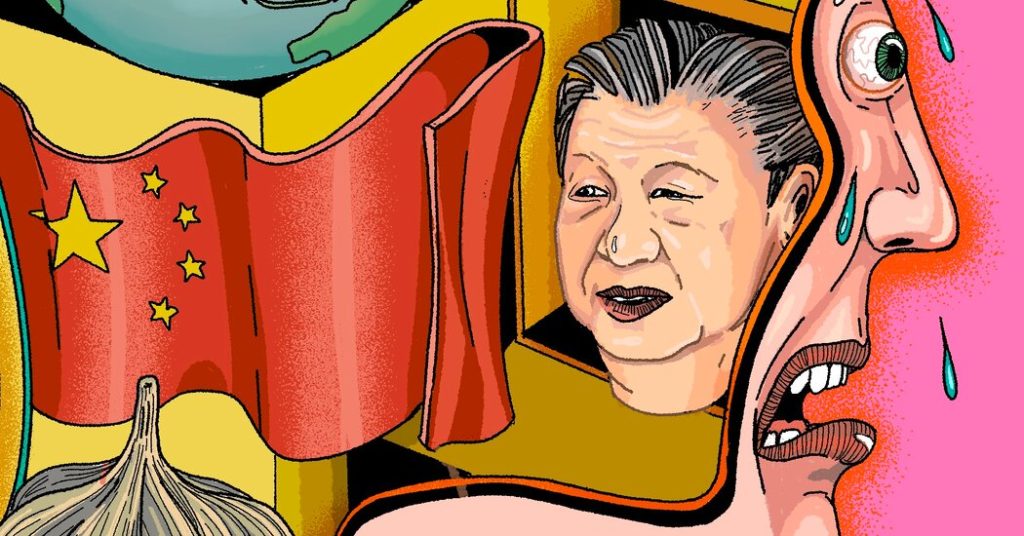The amygdala is a pair of neural clusters near the base of the brain that play a role in assessing danger and triggering fight-or-flight responses. Prolonged stress can lead to anxiety, causing individuals to perceive danger where there is none and obsess over worst-case scenarios. In the United States, there is a pervasive fear of China that is affecting policy decisions and leading to a more closed and authoritarian approach similar to that of China. This China anxiety has resulted in measures such as forced sales of Chinese-owned companies, restrictions on Chinese individuals and entities, and exclusion of Chinese technology firms from U.S. markets, all justified by national security concerns. However, these actions are contributing to a more closed and less productive U.S. environment.
Politicians have taken extreme measures fueled by China anxiety, such as trying to ban imports of Chinese garlic and prohibiting the Department of Defense from contracting with a U.S.-based tutoring company purchased by a Hong Kong investment firm. These actions lack serious consideration of the actual threat posed by these entities and may ultimately lead to discrimination against Chinese Americans, reminiscent of the historical “yellow peril” phenomenon. This discrimination has been seen in unfair scrutiny of Chinese researchers, attacks on Asian Americans during the pandemic, and invasive interrogations of Chinese students and researchers by law enforcement officials.
The China panic, fueled by media coverage and political rhetoric, is influencing public perception of Chinese Americans and leading to overt racism. Surveys have shown that a significant portion of Americans believe Chinese Americans should have limited or no access to classified information, highlighting the blurred line between the Chinese government and individuals of Chinese ethnicity. However, it is important to differentiate between geopolitics and racism, as issues such as garlic imports, a movie reference, or a tutoring site do not pose meaningful threats to national security. To effectively compete with China, policymakers must focus on legitimate concerns while upholding American values and principles.
It is crucial for the United States to adopt a more balanced and rational approach to dealing with China, rather than succumbing to fear and discrimination. Healthy policymaking that protects national security without compromising core American values is essential in navigating the complex geopolitical landscape. By taking a step back, reassessing priorities, and promoting understanding and cooperation, the U.S. can effectively address the challenges posed by China while upholding its principles and values.














